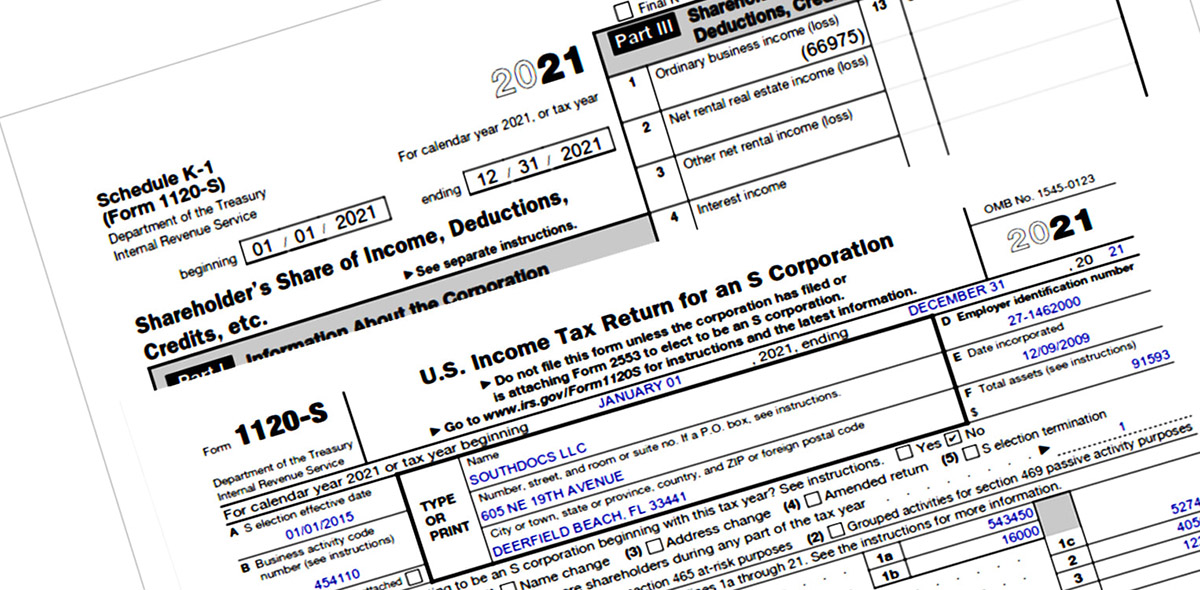Home>Finance>Buyer’s Market: Definition, Characteristics, Example


Finance
Buyer’s Market: Definition, Characteristics, Example
Published: October 21, 2023
Looking to navigate the buyer's market? Discover the definition, characteristics, and examples of this finance term for savvy investors.
(Many of the links in this article redirect to a specific reviewed product. Your purchase of these products through affiliate links helps to generate commission for LiveWell, at no extra cost. Learn more)
Understanding a Buyer’s Market: Definition, Characteristics, and Example
Are you planning to make a significant purchase? Perhaps you want to buy a new car, a home, or invest in the stock market. In the world of finance, it is crucial to be aware of the market conditions that can significantly impact your buying decisions. One such market condition is a buyer’s market. But what exactly does that term mean, and how does it affect your purchasing power? In this blog post, we will explore the definition, characteristics, and provide an example of a buyer’s market to help you navigate your financial decisions more effectively.
Key Takeaways:
- A buyer’s market is a market condition where there are more sellers than buyers, resulting in lower prices and more favorable terms for buyers.
- Characteristics of a buyer’s market include a high supply of goods or properties, low demand, longer selling periods, and more negotiation power for buyers.
Defining a Buyer’s Market
A buyer’s market is a term used to describe a market condition where there are more sellers than buyers. In this scenario, the supply of goods or properties exceeds the demand, leading to a decrease in prices and more favorable terms for buyers.
The concept of a buyer’s market is most commonly associated with the real estate industry. When there are more houses available for sale than there are interested buyers, sellers may be willing to lower their prices or offer additional incentives to attract potential buyers. This allows buyers to have more options and leverage in negotiations, ultimately enabling them to secure advantageous deals.
Characteristics of a Buyer’s Market
A buyer’s market exhibits several common characteristics that distinguish it from other market conditions:
- High Supply: A buyer’s market often occurs when there is an excess supply of goods or properties in comparison to the number of buyers interested in purchasing them.
- Low Demand: In a buyer’s market, the number of potential buyers is relatively small compared to the available supply of goods or properties.
- Longer Selling Periods: Due to the lower demand, sellers may need to wait longer to find a buyer willing to meet their desired price. This extended selling period gives buyers more time to evaluate their options and negotiate better deals.
- Negotiation Power for Buyers: With more options available and lower demand, buyers have a stronger position to negotiate lower prices, favorable terms, or additional concessions from sellers.
An Example of a Buyer’s Market
An excellent example of a buyer’s market can be observed during periods of economic recession, such as the global financial crisis of 2008. During this time, the housing market experienced a significant downturn, resulting in a surplus of properties for sale.
With fewer buyers in the market due to economic uncertainty, sellers were forced to reduce prices to attract potential buyers. Many homebuyers took advantage of this buyer’s market, securing properties at significantly lower prices than they would have in a seller’s market.
It is important to note that buyer’s markets can vary across different industries and regions. While one industry may experience a buyer’s market, others may still remain in a seller’s market or a more balanced market.
In Summary
Understanding market conditions is crucial when making significant financial decisions. A buyer’s market provides buyers with the opportunity to take advantage of lower prices, more favorable terms, and increased negotiation power. By being aware of the characteristics and example of a buyer’s market, you can navigate your financial decisions more effectively and make the most of market conditions.
Remember, market conditions can change over time, so it is essential to stay informed and adapt your strategies accordingly. Whether you’re buying a new car, a home, or investing in the stock market, being aware of market conditions will help you make informed decisions that align with your financial goals.














